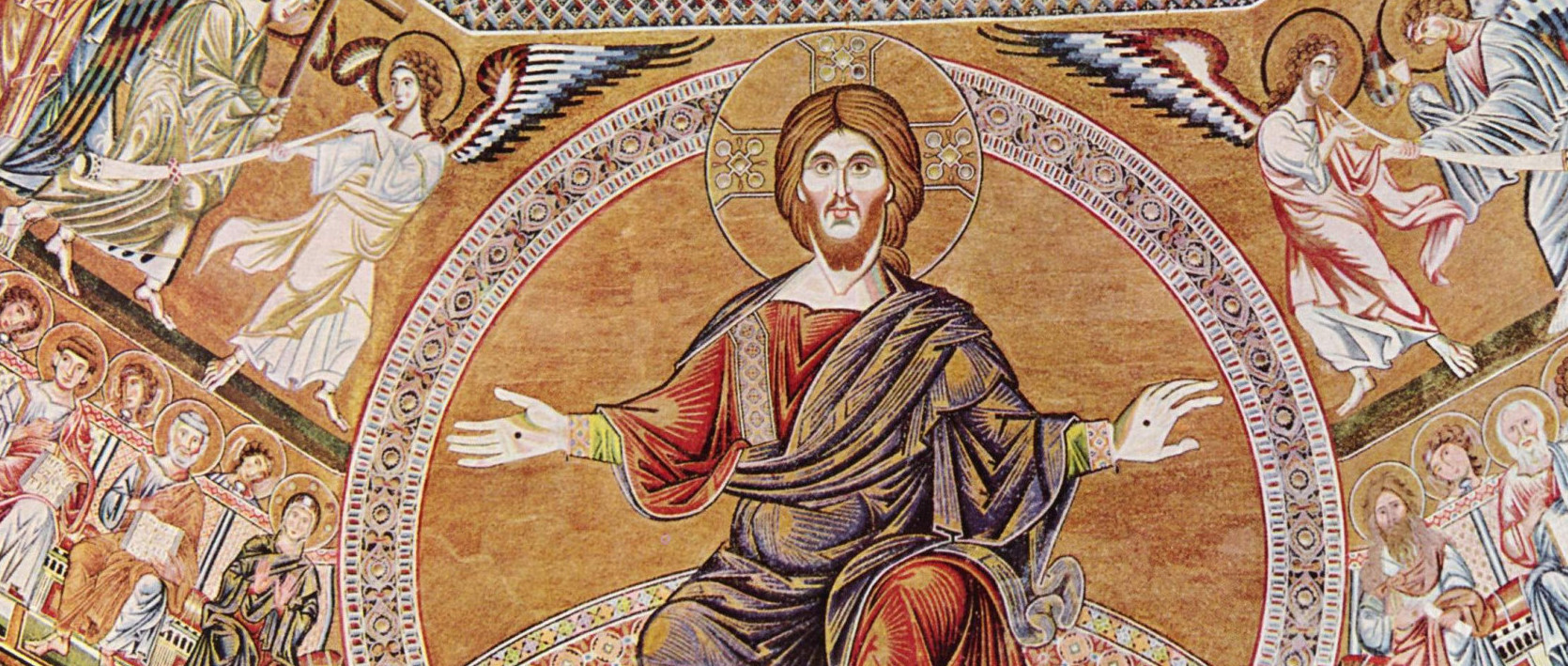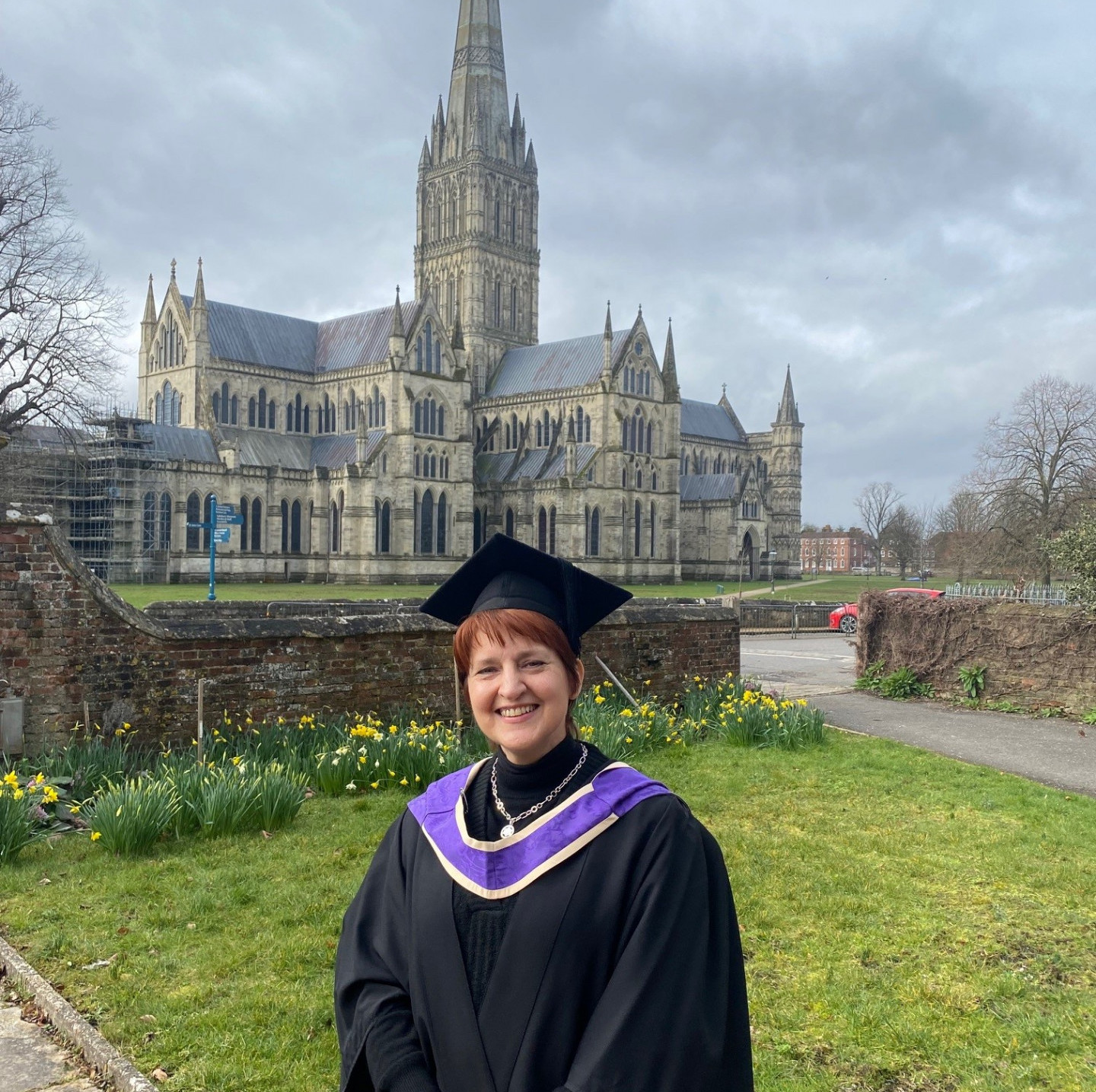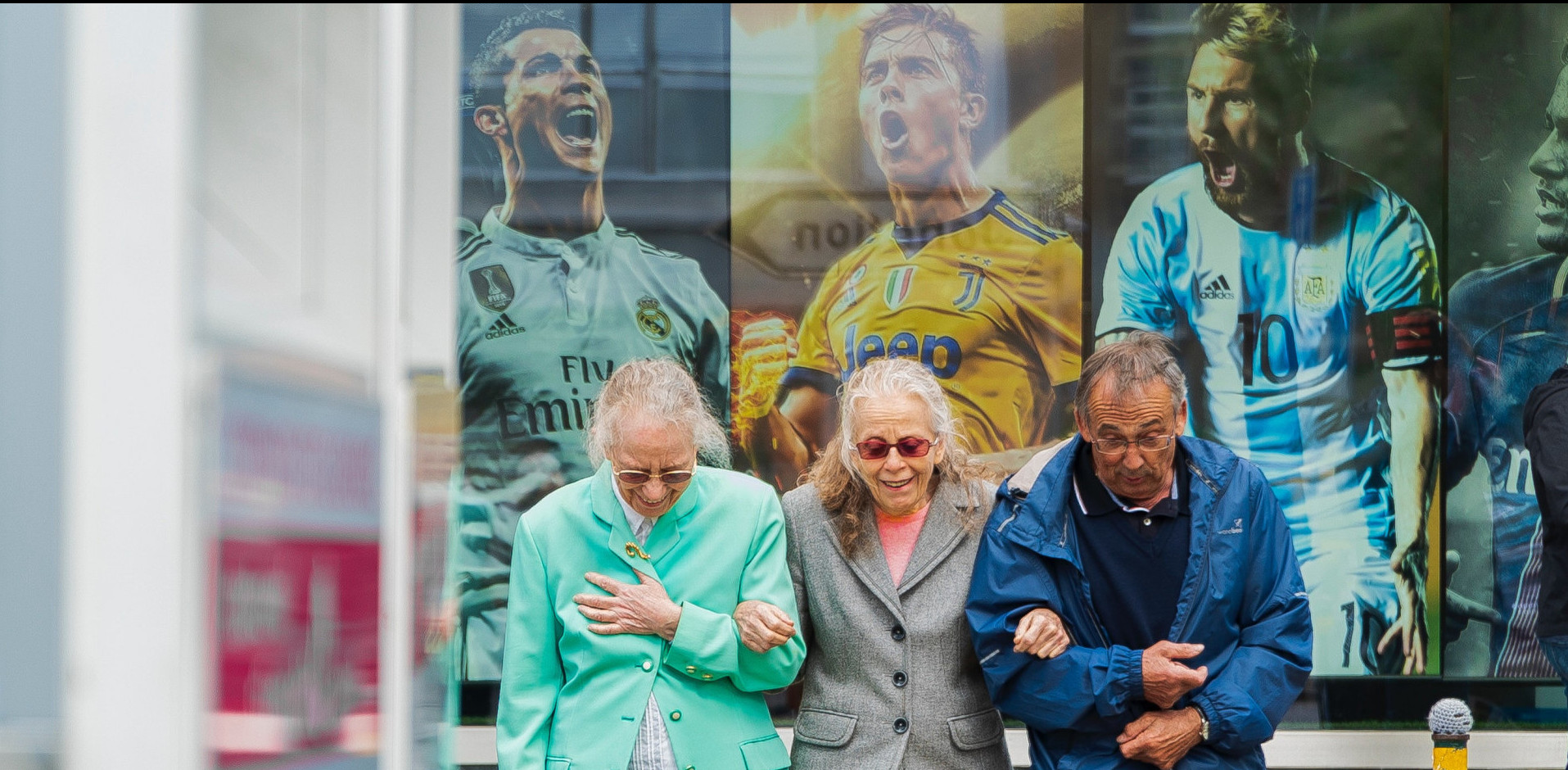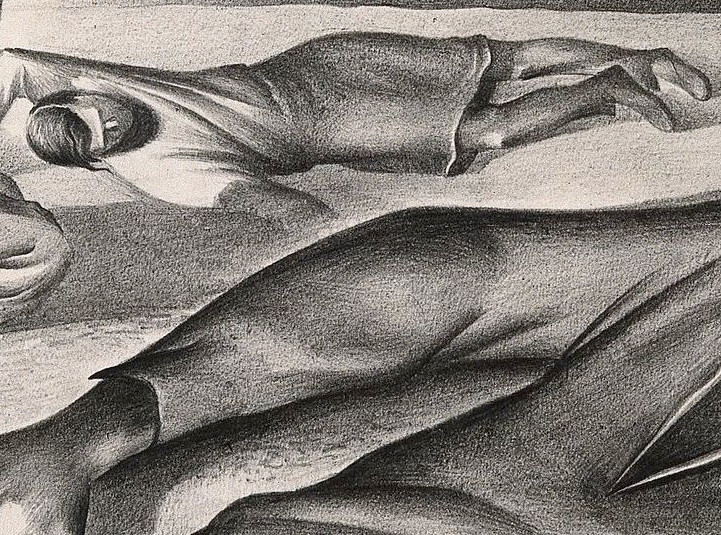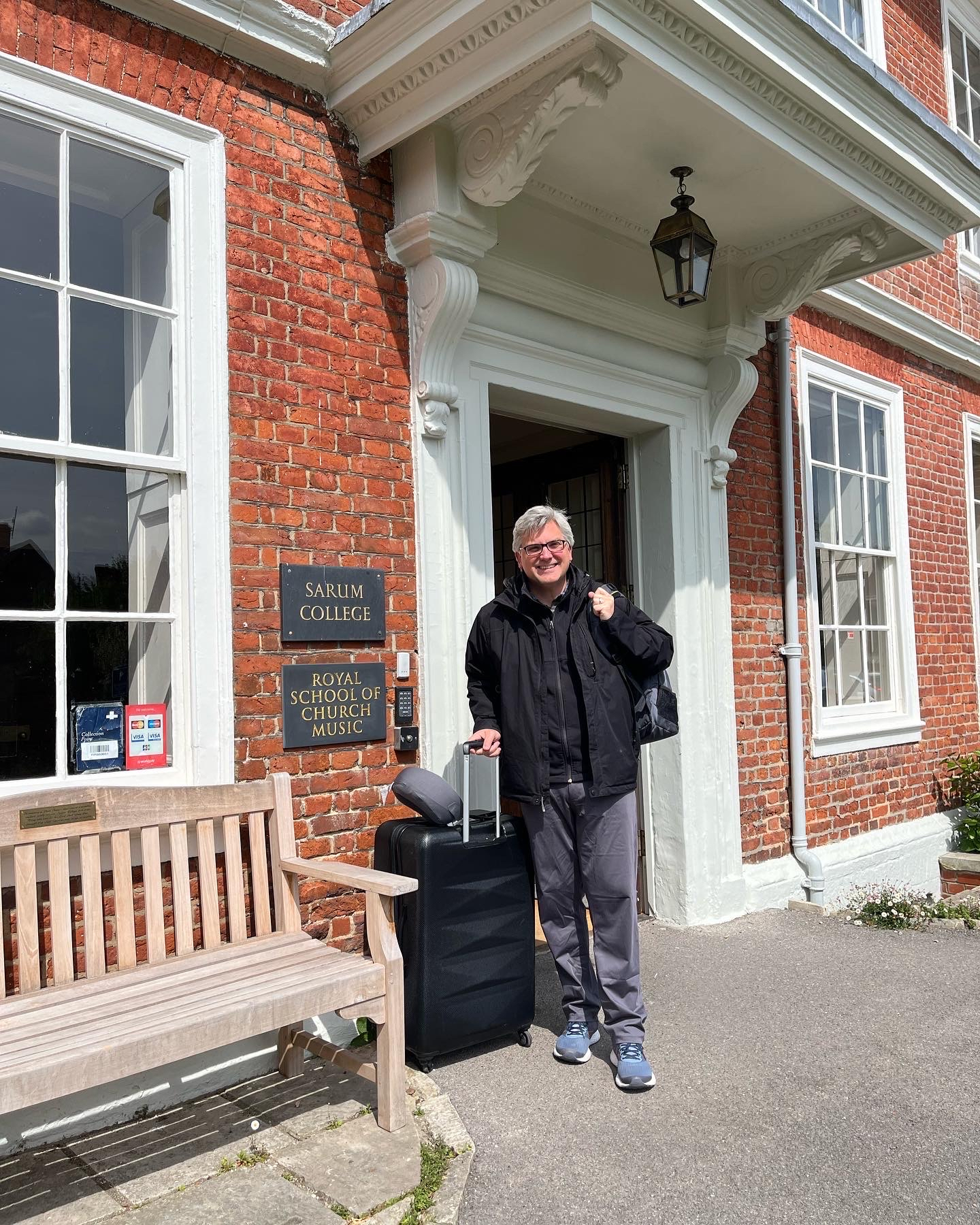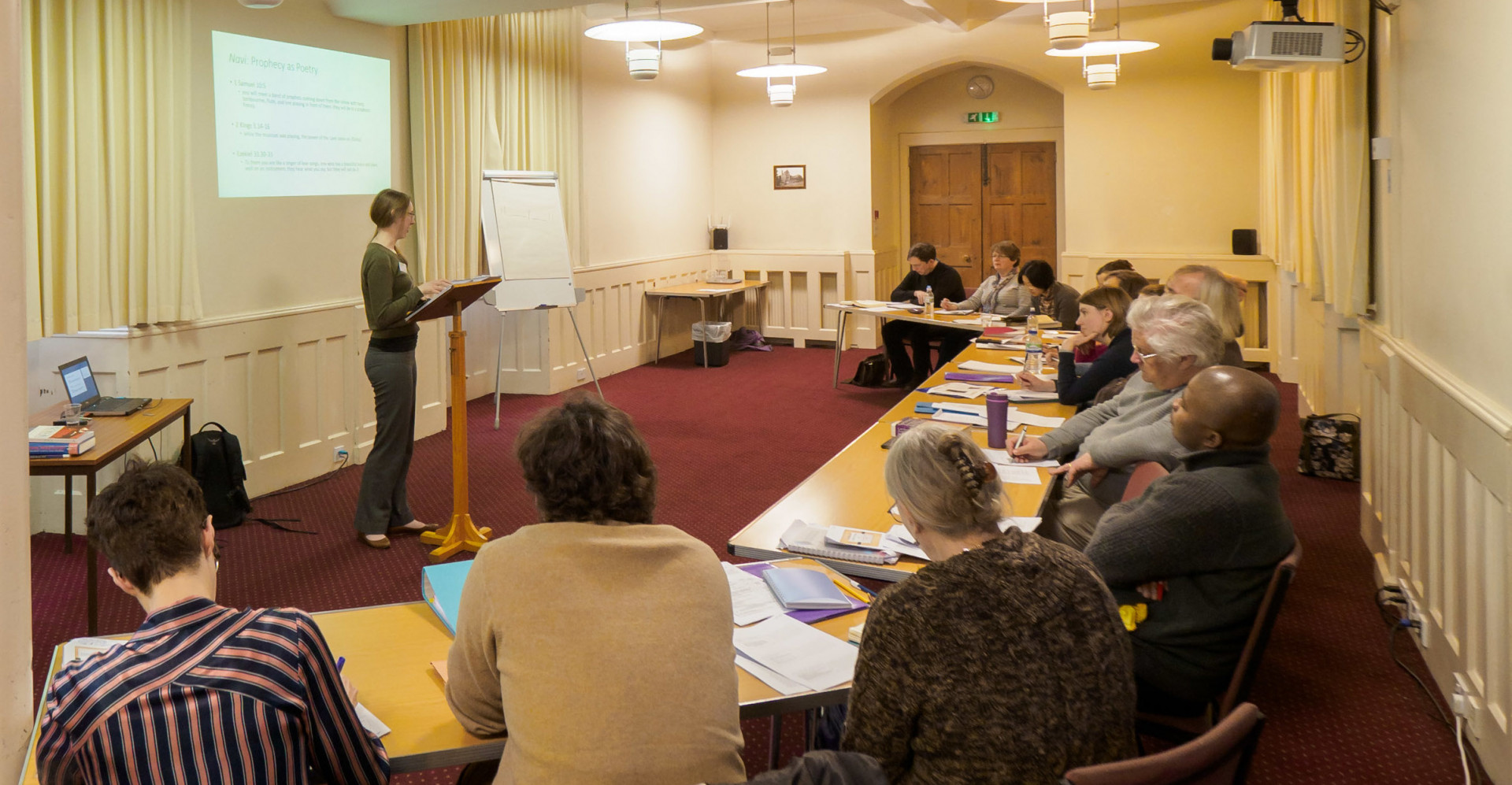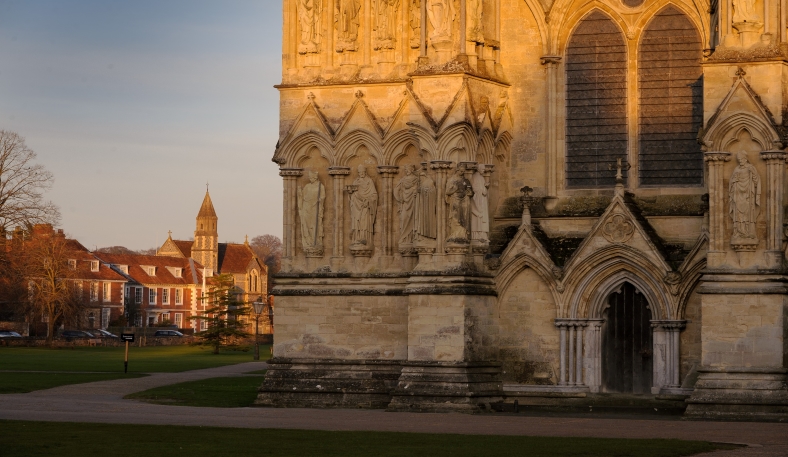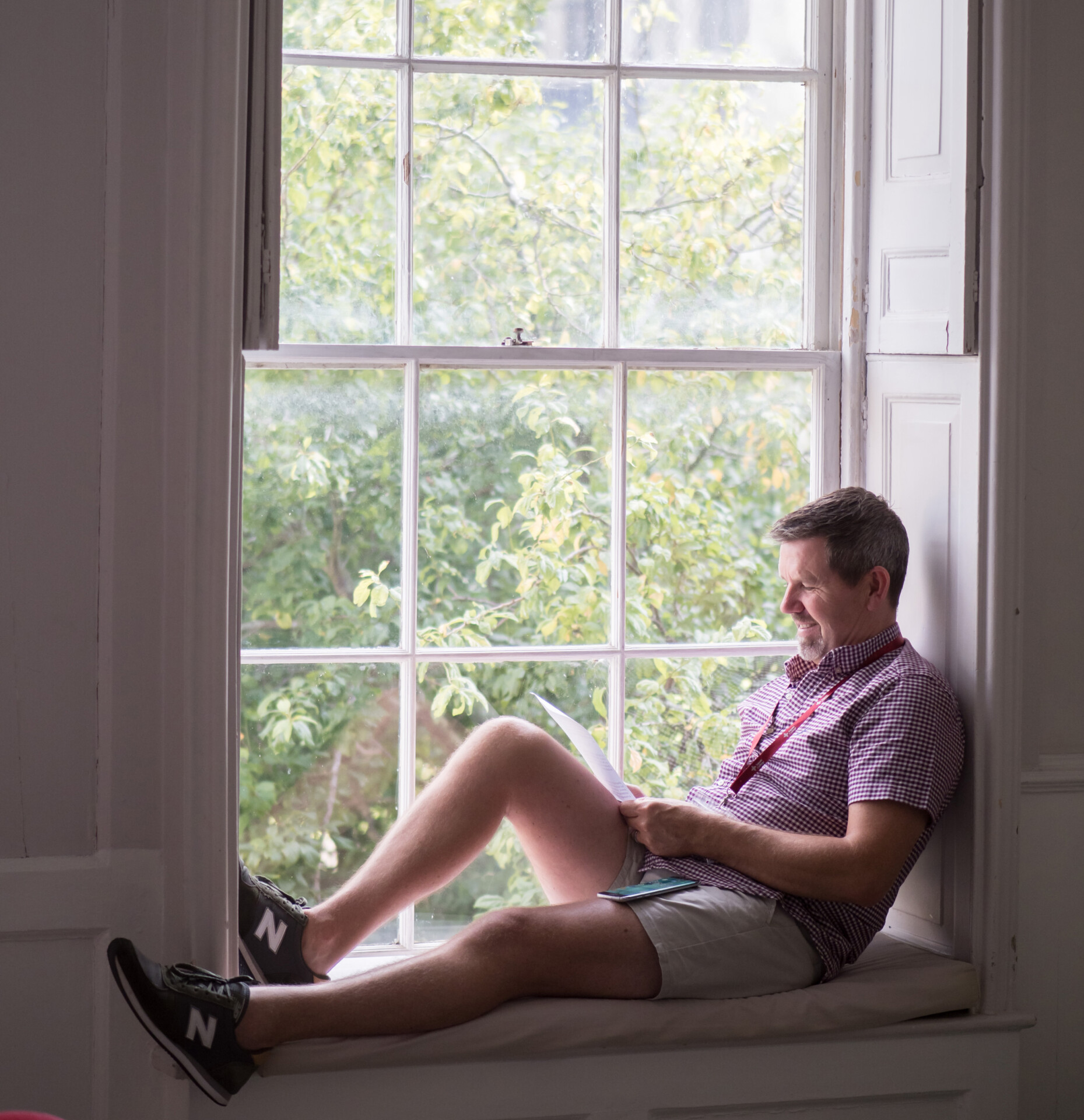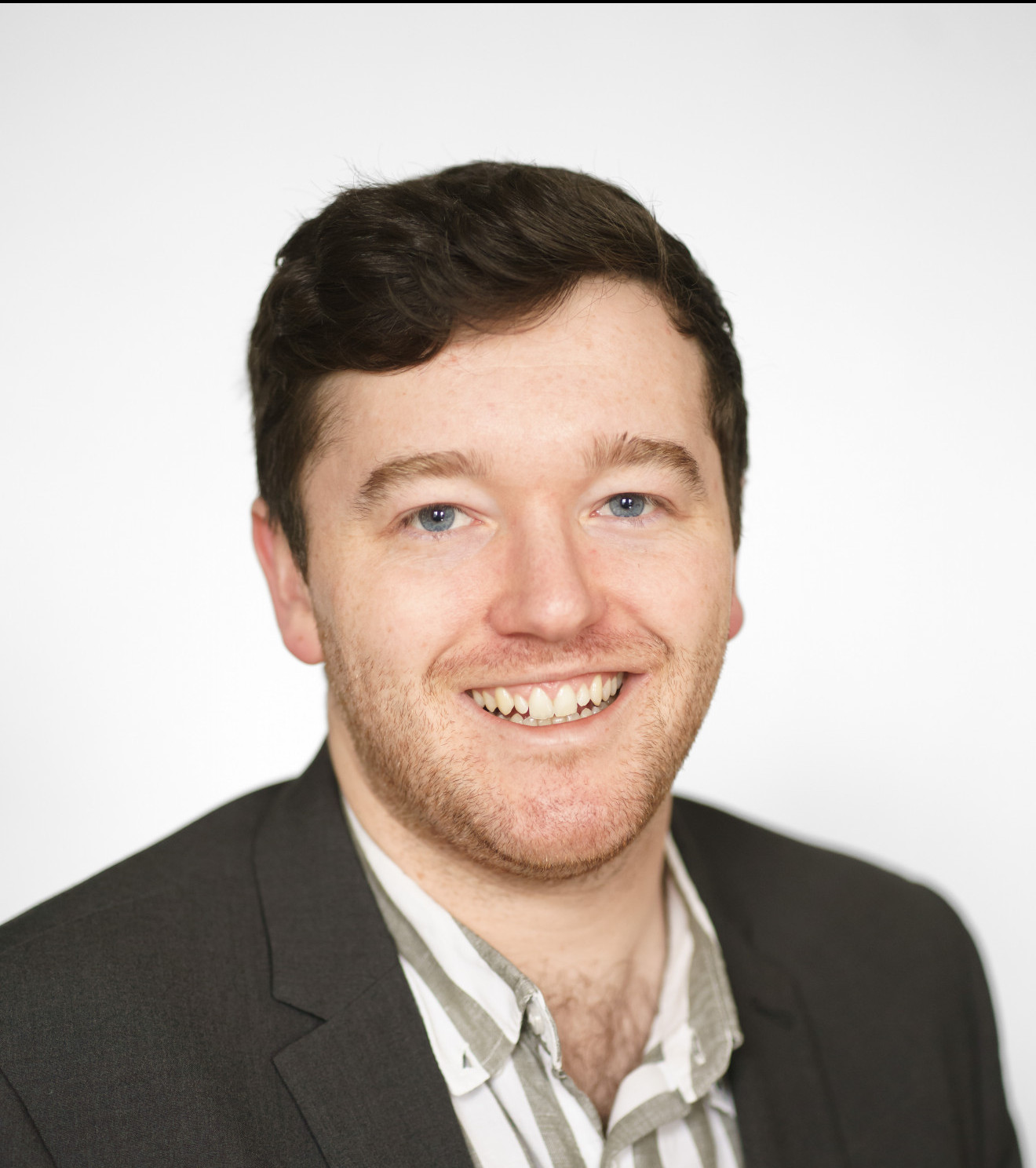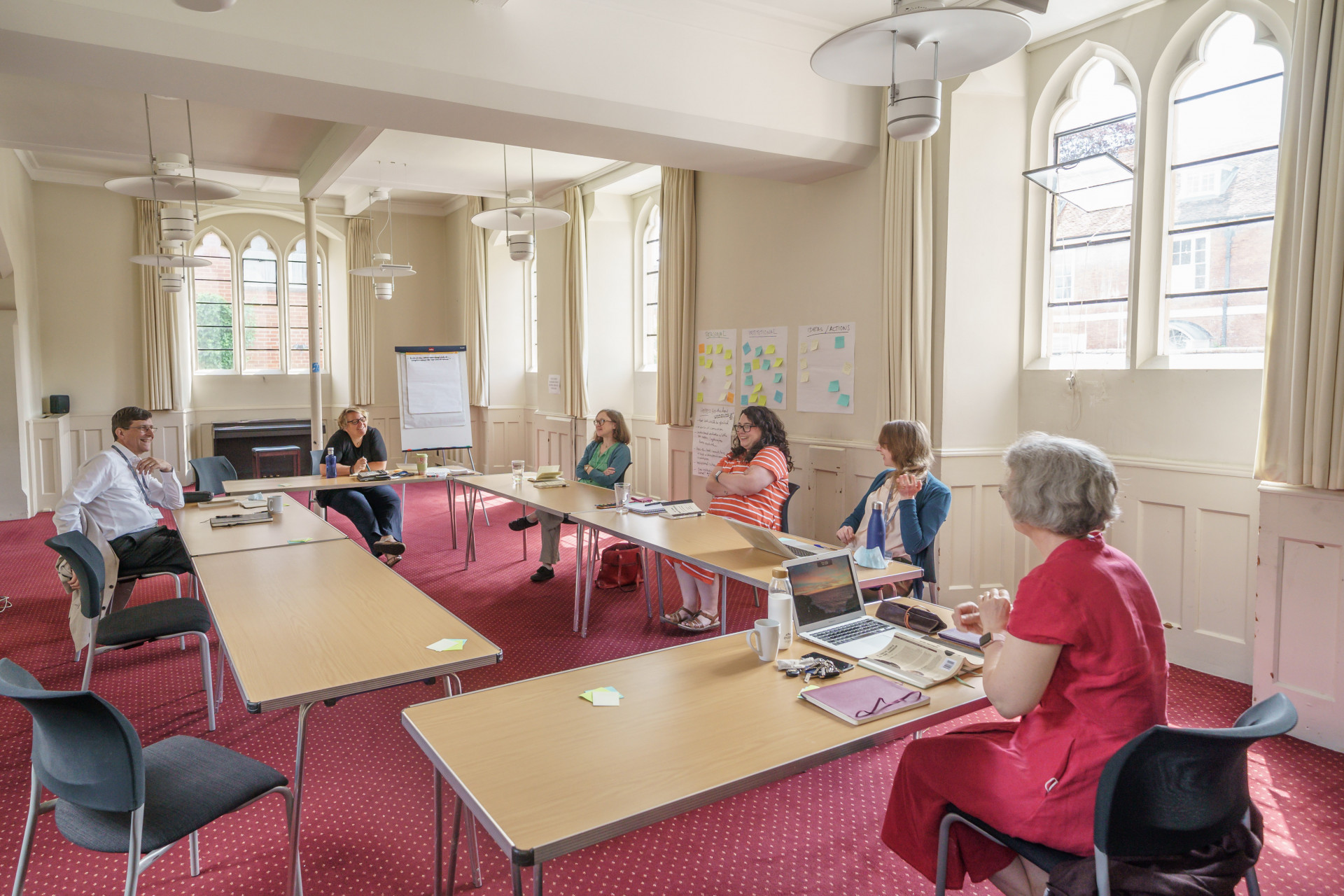Western Christian Mysticism (2024) course
A deep-dive into some of the key movements and writers in the Western Christian Mystical traditions. This course will look at the development of mysticism in the history of Christianity, focusing on in the Western church and will examine scholarship around mysticism as well as a range of primary texts written by and about mystics.
We will include the early developments and foundations of Christian mysticism before looking at a range of movements in medieval mysticism (the Franciscans, English mystics, and the mystics of northern Europe), before examining mysticism in the Reformations and modern and post-modern mysticism.
Previously, session themes for this course have included:
- Different understandings of ‘mysticism’ and ‘mystical theology’, approaches to studying mysticism and key themes with Dr Michael Hahn
- The context and mystical theology of Meister Eckhart with Professor Bernard McGinn
- Mysticism in northern Europe and in the Middle Dutch tradition with Professor John Arblaster
- The Franciscan mystical tradition with Dr Michael Hahn
- The English mystics with Rowan Wilson
- Early-modern mystics (on different sides of the Reformations), modern and post-modern mysticism with a particular focus on the social, political and action aspects of mystics in the 20th century with Dr Michael Hahn
This is a postgraduate course open to ‘auditors’ e.g. those not enrolled for academic credit.
What does it mean to audit a course?
This course would made an excellent addition to a study break, retreat or sabbatical in the beautiful Salisbury Cathedral Close, where residential participants enjoy full board, access to the library and to the pattern of liturgy at Salisbury Cathedral.
Whether it’s cultural events, sightseeing (Stonehenge is nearby for example) or shopping — there’s plenty to do if you’d like to extend your stay the weekend before and after the course. For ideas, visit Salisbury Cathedral Close attraction websites to see what’s on Sarum’s doorstep. Visit the Wiltshire Creative website to view events at nearby Salisbury Playhouse and the Salisbury Arts Centre. The Experience Salisbury website has an excellent city-wide listing of forthcoming events around the city.
Need financial assistance? View our list of grantmaking trusts
Enrolled students also may attend teaching weeks for modules in addition to the modules which they are studying for credit, by permission of the Programme Leader.
